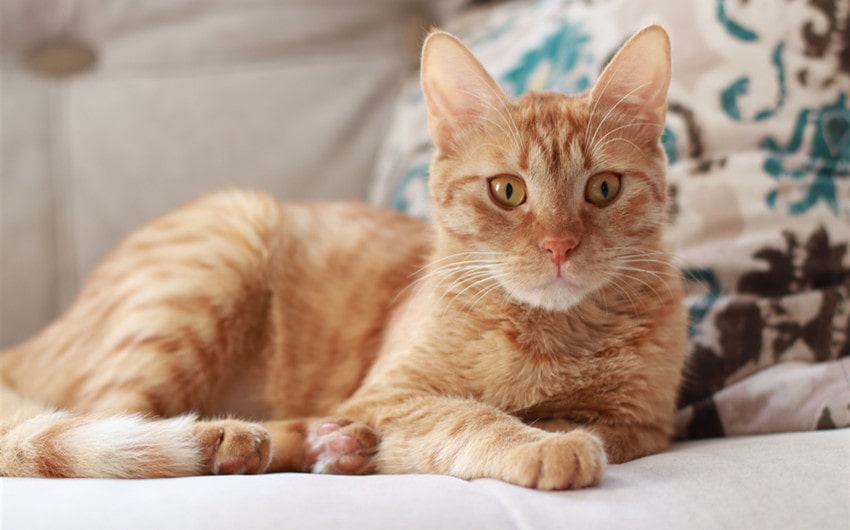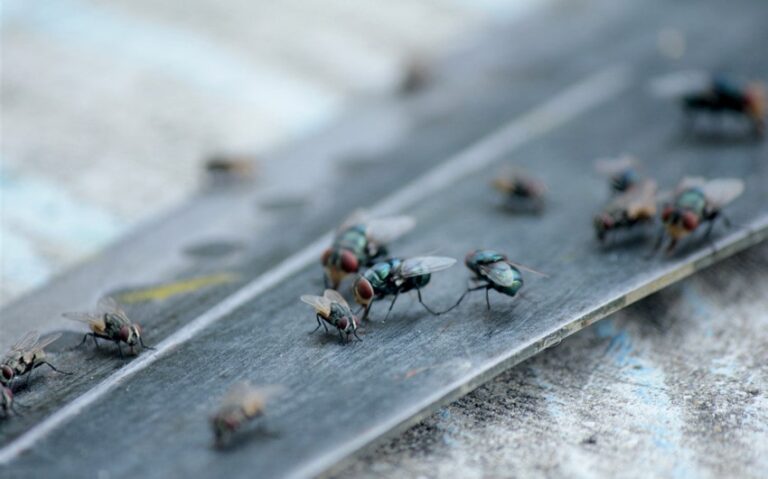Why Orange Cats Seem So Dumb (And Why I Love Them Anyway)
I’ve never met an orange cat that didn’t act like it was missing at least one marble. Whether it’s walking straight into a glass door or trying to fight its own tail like it’s a sworn enemy, orange cats seem to embody a very specific kind of charming chaos. But are they really dumb—or is there something else going on?
The Myth of the Orange Himbo
The internet has crowned orange cats as the feline equivalent of lovable himbos—clueless but charismatic, dumb but delightful. They’re the Joey Tribbianis of the animal kingdom. Scroll through any cat meme page, and you’ll find a disproportionate number of orange cats knocking over furniture, staring blankly into space, or attempting wildly miscalculated jumps. It’s not just a trope; it’s practically a subculture.
This stereotype might seem new, but it taps into something we’ve been building for decades. From classic ad mascots like Morris the Cat to comic strip icons like Garfield, orange cats have always been painted with big personalities and questionable judgment. They’re overconfident, underprepared, and somehow endearing despite it. When I think of orange cats, I think of that one friend who always gets lost in their own neighborhood but still insists they don’t need GPS. That blend of pride and obliviousness is weirdly lovable.
But what intrigues me most is that we’ve collectively agreed orange cats are the funny ones. Gray cats are elegant. Black cats are mysterious. Siamese cats are clever. Orange cats? They’re the punchline—and they lean into it like it’s a calling.
My Orange Cat: A Case Study in Buffoonery
Let’s talk about the star of my household: my orange tabby, who I’ll call Marbles, because he definitely lost his. This cat once jumped into the refrigerator while I was grabbing oat milk and sat there blinking like he’d entered Narnia. He’s tried to chase his own tail and fallen off the couch mid-spin. He once knocked over a full cup of coffee, stared at it like it betrayed him, and then licked the table like nothing happened. Every day with Marbles feels like living inside a blooper reel.
And yet, he’s also the most affectionate, enthusiastic, and weirdly intuitive pet I’ve ever had. He comes when I call (sometimes), plops himself onto my laptop when I’m stressed, and meows like he’s narrating my life. It’s as if he’s performing his own one-cat sitcom, complete with pratfalls and dramatic pauses. And somehow, his clumsiness doesn’t make him any less endearing—it makes him more so.
I’ve had other cats before, and they were brilliant in their own ways. But none have made me laugh as consistently as Marbles. There’s something freeing about living with a creature that’s so unapologetically itself, even when it’s clearly not thinking things through. It reminds me that intelligence isn’t always the most important trait in a companion. Sometimes, what you need is someone who turns every day into a new story—even if it starts with them getting stuck in a paper bag.
Are Orange Cats Actually Dumber?
This is the question that haunts every orange cat parent. Are they genuinely less intelligent, or are they just wired differently? The science is murky, but there are a few things worth noting.
First, genetics. About 80% of orange cats are male, due to the orange color gene being sex-linked on the X chromosome. Males only need one copy of the gene to show the trait, while females need two. That means most of the orange cats you meet are boys, and anyone who’s spent time with male cats knows they can be… special. Not less intelligent, necessarily, but often more rambunctious, less cautious, and a little more attention-seeking.
Second, behavior studies show that orange cats tend to rank higher in social traits. They’re more outgoing, more vocal, and more willing to engage with humans. They’re often described as bold or brash. But boldness doesn’t always look smart—especially when it results in things like diving face-first into a trash can because it smelled interesting.
It’s also possible that orange cats simply lack the “dignity reflex” many other cats seem to possess. You know the one—where a cat does something embarrassing, like falling off a ledge, and then immediately pretends it was intentional. Orange cats don’t do that. They just lie there like, “Well, that was wild. Let’s do it again.”
So maybe it’s not that they’re dumber—it’s that they don’t hide their weirdness. And in a world full of creatures trying to be cool and aloof, that kind of radical transparency stands out.
Internet Fame and Selective Storytelling
I have to admit, part of this whole narrative is our fault. We love stories, and we especially love stories that confirm what we already believe. So when we see a dozen videos of orange cats getting their heads stuck in cereal boxes, it becomes a kind of confirmation bias. We remember those stories. We retell them. We turn them into memes. Meanwhile, the smart, well-behaved orange cats out there quietly go un-Instagrammed.
It’s the same phenomenon that drives us to believe certain dog breeds are dumb or that certain people fit into neat personality boxes. It’s easier to laugh than to dig deeper. But there’s power in those laughs, and they shape how we treat these animals. Orange cats become comic relief, even if they’re more than that. We start to expect buffoonery, and lo and behold, we find it—sometimes even when it isn’t really there.
And yet, I don’t want to stop telling these stories. They’re funny, they’re warm, and they make me feel less alone in the chaos of pet ownership. But I try to remind myself that every story I tell about Marbles being a moron is balanced by the ones where he curls up next to me when I’m sad, or stares at the moon like he’s solving the universe.
The Genius of Joy
I keep coming back to this idea: what if orange cats aren’t dumb, but free? They don’t seem burdened by self-awareness. They don’t get embarrassed. They follow instincts and don’t overthink the consequences. They chase things that sparkle, knock things over without guilt, and nap in the sun like it’s their job. And honestly? That’s a kind of genius I wish I had more of.
Marbles has taught me to laugh at myself. To let go of the idea that I need to be “on” all the time. Watching him skitter across the hardwood floor in a failed attempt to catch a sock isn’t just entertainment—it’s a lesson in embracing imperfection. He’s not trying to be smart or cool. He’s just being.
There’s something wildly liberating about that. He doesn’t question his impulses. He doesn’t dwell on failure. He lives fully, unapologetically, and with so much enthusiasm that you can’t help but get swept up in it. In a way, orange cats are reminders that joy doesn’t need to be polished or precise—it just needs to be real.
Final Thoughts (If I Can Call Them That)
So are orange cats dumb? Maybe. Maybe not. Honestly, it depends on how you define intelligence. If you’re talking about logic, problem-solving, and strategic thinking, then sure—Marbles probably wouldn’t ace the feline SATs. But if intelligence includes emotional attunement, unfiltered joy, and a knack for turning the mundane into the magical, then he’s a genius.
I’ve stopped trying to “fix” his behavior or figure out why he does the things he does. Instead, I’ve started appreciating him for exactly who he is—a messy, affectionate, fearless little orange blur who has made my life louder, funnier, and infinitely more interesting.
In the end, maybe that’s the real lesson. We don’t need every pet to be clever. Sometimes, what we really need is a little chaos. A little comic relief. A little reminder that it’s okay to leap before you look—especially if you land in a laundry basket with style.
And if that’s dumb, then maybe dumb is underrated.






